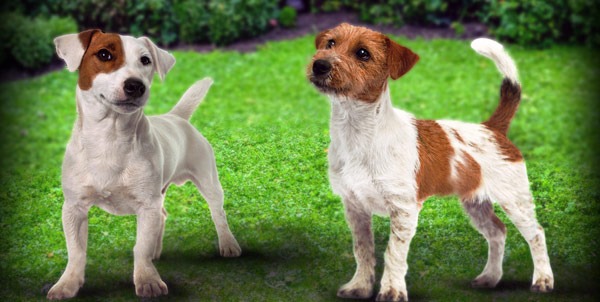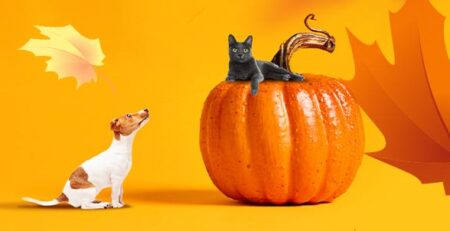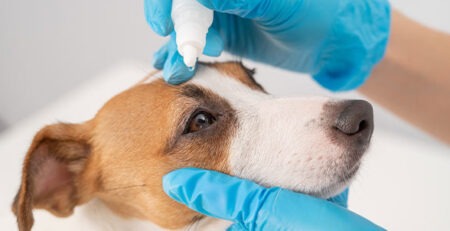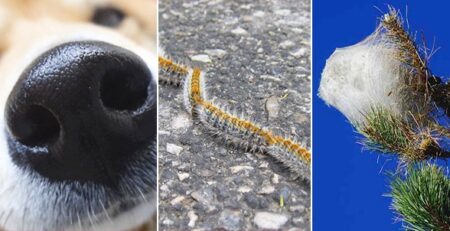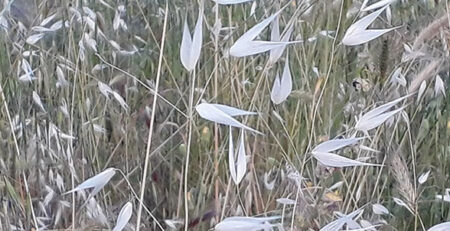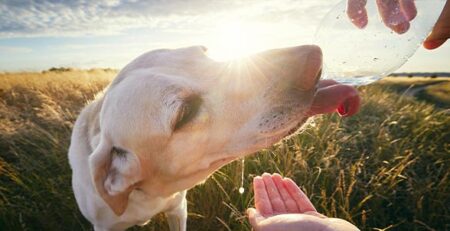Jack Russell Terrier: the Gian Burrasca of short-legged dogs
John “Jack” Russell was an English presbyter who, between prayers and confessions, devoted himself (unfortunately) to fox hunting and the selection of dogs suitable for this purpose. The Fox Terriers that accompanied him on hunting trips, however, did not entirely satisfy him, but one fine day he came into possession of a female terrier dog named Trump. Trump possessed extraordinary hunting skills, and it was then that Russell realized that it was through her that they would obtain and perfect specimens with similar characteristics until they created his “perfect” dog for fox hunting. The Reverend succeeded in obtaining a small, agile and skittish dog, which took the name Jack Russell Terrier. What distinguished the specimens of the fledgling breed were small size, agility and flexibility as well as four short but snappy paws that allowed them to break into dens and flush out foxes or rabbits.
Jack Russell Terrier and Parson Russell Terrier
In the present day we know of two distinct breeds: – “Parson RUSSELL TERRIER” recognized by the English Kennel Club in 1990, generally white coat with black and/or brown spots and tall, short-legged, no more than 30 cm tall at withers –“Jack RUSSELL TERRIER” whose standard is different from the British standard and which was only officially recognized as a breed in Australia in 2000. In fact, Australian breeders decided to turn it into a companion dog as hunting was gradually being practiced less and less. Over time, therefore, the modern-day Jack Russell was born, taller and slimmer, with a slightly larger build than its English cousin: between 33 and 38 cm tall at the withers, with a predominantly white coat with black or tan markings, or even tricolored. Its coat can be “Smooth,” “Rough,” or “Broken.”
The motivations of Jack Russells: predatory, patrolling, possessive and territorial
The Jack Russell is a little war machine: programmed to hunt, he is a compact, athletic and energetic dog who must satisfy his innate need to scour and prey. Living in the city and in apartments, Jack expresses his predatory and patrolling motivation as well as he can: pellets, small wood, cats, small mammals and bicyclists become his prey. With its high territorial motivation, it is more efficient than a burglar alarm: sensing the approach of strangers or intruders, it will bark relentlessly. If it has access to a garden, the Jack Russell will engage in digging holes and burrows so efficiently as to make a miner envious. Digging, then, is NOT a behavioral problem as many believe but just the normal manifestation of this breed’s temperament.
How challenging is a Jack Russell
As an experienced hunter, the Jack cares about his prey (of whatever nature) and they must not be snatched from his mouth. It is important for adults to advise children who may live with him to respect this rule: the risk is to get a good bite (well-deserved) too bad that then the dog is always to blame and never the kiddies. The Jack Russell is a dog that does not particularly like physical contact or restraint therefore:
-
- Should not be carried inside handbags
- Should not be dressed like a clown
- You have to let him be a dog as he should be.
When the Jack Russells calm down.
The answer is NEVER. The Jack is a burst of vitality that must be channeled and well managed: regular exercise, play and socialization with other dogs are his bread and butter. When neglected, uncared for, and deprived, the Jack Russell becomes a stressed and repressed dog. If you are not confident that you can consistently commit to meeting his needs, the Jack Russell is not a dog for you.
Frequent diseases in Jack Russells
-
-
- Cryptorchidism i.e., the failure of one or both testicles to descend
- Monorchidism, or the presence of only one testicle
- Displacement of the eye lens
- Food allergies and intolerances
- Dermatitis
- Obesity
-
If you would like to refer your Jack for a checkup or would like to consult with a specialist in Dermatology or Nutrition, contact us to request a consultation with the veterinary doctors on our staff.
We would also like to remind you that Clinica La Veterinaria is always open h24 every day including holidays and with First Aid service from 8 pm to 8 am.

